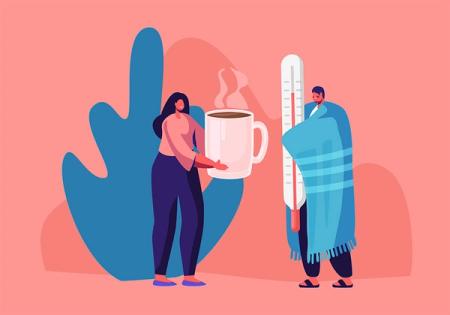question
how can i manage living with chronic arthritis pain?
Living with chronic arthritis pain can be challenging, but there are various strategies you can adopt to help manage your symptoms effectively. Here’s a comprehensive guide based on the information in my sources.
Understanding Arthritis Pain
Arthritis pain can stem from several factors, including:
- Inflammation: This causes heat and swelling in your joints.
- Joint Damage: Over time, arthritis can lead to damage in the joints.
- Muscle Tension: Often, muscles tighten as a protective response to pain.
It's important to recognise that pain, stress, fatigue, and depression can create a cycle that exacerbates your symptoms. Understanding this cycle can empower you to take proactive steps in managing your pain.
Strategies for Pain Management
-
Medication Management
- Continue taking medications as prescribed by your healthcare team.
- Discuss any side effects or concerns with your GP or specialist, as adjustments may be necessary.
-
Regular Physical Activity
- Engaging in appropriate exercise can significantly reduce pain. Activities like walking, swimming, or tai chi can help keep your joints moving and strengthen the muscles around them.
- Consult a health professional, such as a physiotherapist or exercise physiologist, to develop a tailored exercise program.
-
Healthy Lifestyle Choices
- Maintaining a healthy weight can alleviate pressure on weight-bearing joints, reducing pain.
- A balanced diet rich in fruits, vegetables, whole grains, and lean proteins can support overall health and potentially reduce inflammation.
- Quitting smoking is crucial, as it can worsen arthritis symptoms and hinder medication effectiveness.
-
Utilising Heat and Cold Therapy
- While research on the effectiveness of heat and cold treatments is limited, many find them soothing.
- Heat can relax muscles and improve circulation, while cold can numb pain and reduce swelling.
- Always ensure your skin returns to normal temperature before reapplying to avoid tissue damage.
-
Mind Techniques and Relaxation
- Techniques such as deep breathing, guided imagery, and progressive muscle relaxation can help reduce stress and muscle tension.
- Mindfulness practices can also assist in managing pain perception. Consider using apps or joining local groups to learn these techniques.
-
Seeking Professional Support
- A psychologist can help you develop pain coping skills and relaxation techniques. Cognitive behavioural therapy (CBT) is one approach that may be beneficial.
- Building a healthcare team that includes allied health professionals like physiotherapists, occupational therapists, and podiatrists can provide comprehensive support tailored to your needs.
-
Social Connections
- Maintaining social connections can be vital for emotional well-being. Engaging with friends, family, or support groups can provide encouragement and understanding.
- Participating in hobbies or activities you enjoy can also help distract from pain and improve your mood.
-
Exploring Complementary Therapies
- Some individuals find relief through therapies like massage, acupuncture, or transcutaneous electrical nerve stimulation (TENS).
- While the scientific backing for these therapies may be limited, they can be part of a broader pain management strategy. Always consult your healthcare provider before starting any new treatment.
Conclusion
Living with chronic arthritis pain requires a multifaceted approach. By combining medication, physical activity, healthy lifestyle choices, and emotional support, you can take charge of your pain management.
Remember, what works for one person may not work for another, so it may take time to find the right combination of strategies for you. Always consult with your healthcare team for personalised advice and support tailored to your specific situation.
If you have further questions or need clarification on any aspect of managing arthritis pain, please feel free to ask or consult a healthcare professional. Your journey towards managing arthritis pain is important, and you don’t have to navigate it alone.
This information is not a substitute for professional medical advice, diagnosis or treatment. Always consult a registered healthcare professional about matters that affect your health. Clara uses artificial intelligence to generate general information for personal educational purposes only, not intended to be a management plan and it may contain errors, inaccuracies or may oversimplify concepts.




